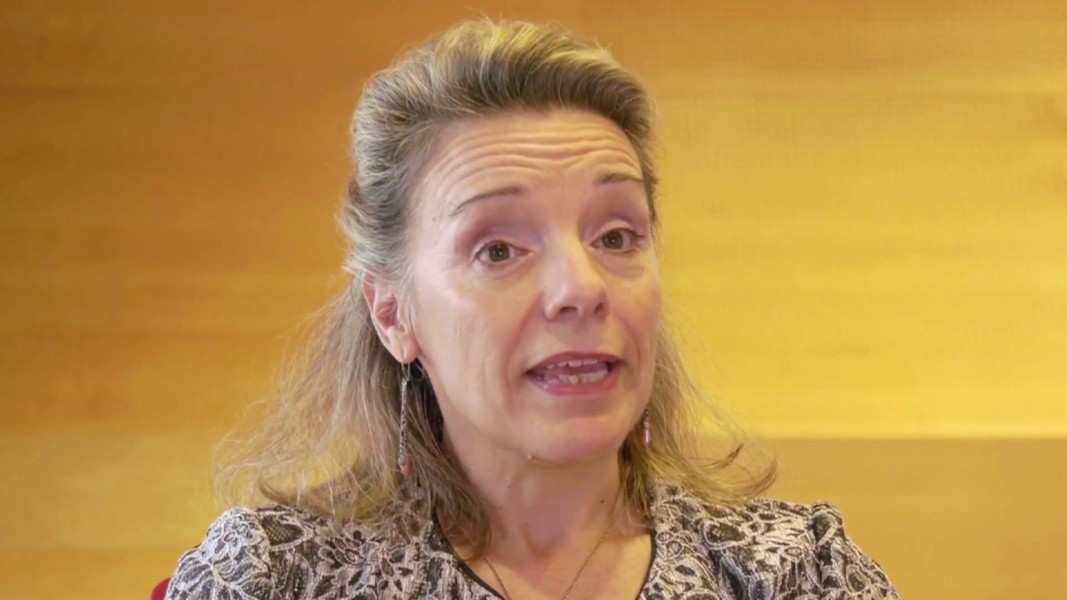Digital technologies and digitalization have already changed a significant part of our way of life and work and require us to constantly acquire new knowledge and skills. That is why the European concept of 'lifelong learning' is becoming increasingly relevant.
Making education accessible to all citizens at all stages of their lives has always been a priority for the EU. And the digital space offers a wide range of possibilities. Recently, the pan-European network of digital competence centres All Digital released a revised version of the Manifesto for Enhancing Digital Competences across Europe, which recommends emphasizing five key areas in the field of education – more supply, better accessibility, higher quality, digital competence and sustainability.
But how will an adult learn to use internet banking, for example? He or she will most likely need help from someone else, or at least written instructions. The Index of Digital Entry into the Economy and Society, DESI, used to build Europe's 2030 Digital Compass, shows that four out of ten adults, as well as one in three working Europeans do not have basic digital skills. The European Commission aims to have 70% of older Europeans have acquired basic digital skills by 2025.
This cannot happen without changes in the education system. Divina Frau-Meigs, a professor of sociology of media and information and communication technologies at the Sorbonne, is convinced of this. She is also a sought-after specialist by organizations such as UNESCO, the Council of Europe, and the European Commission.

A useful starting point for success on the path to digital transformation are the various educational resources created with the help of the European Commission. One of them is the multilingual electronic platform for adult learning EPALE (Electronic Platform for Adult Learning in Europe). It provides educational content, seminars, networking opportunities and is an open membership for adult education professionals. EPALE allows them to connect with each other and learn from each other. In a recent discussion on the same internet platform, Divina Frau-Meigs highlighted the challenges facing educational institutions in the future.
In Argentine Patagonia, the city of Comodoro Rivadavia preserves the history of Bulgarian settlers, whose descendants still carry Bulgaria in their hearts today. Among them is Tzenka Guenova, who was born in Troyan, but arrived in..
Since 1980, 27 September has been celebrated globally as World Tourism Day, marking the anniversary of the adoption of the UN World Tourism Organization’s charter in 1970. Across Bulgaria, towns and villages host special events, although the local..
The Le tour du canal tolerance cycle tour returns to the Rowing Canal in Bulgaria's second-biggest city Plovdiv. On September 27 at 2:00 pm, the "You also come" Foundation is lending a hand to people with disabilities with a movement festival. The..
Sofia is hosting the finals of ER Champ 2025 — described by the organisers as the world’s largest international escape room competition . Taking place on..
More than 500 people from across Bulgaria are gathering today in the village of General Todorov, near Petrich, for the national festival “Once Upon a..
When a contribution in the sphere of science is transformed into the basis for subsequent in-depth research the boundaries between countries and..

+359 2 9336 661
